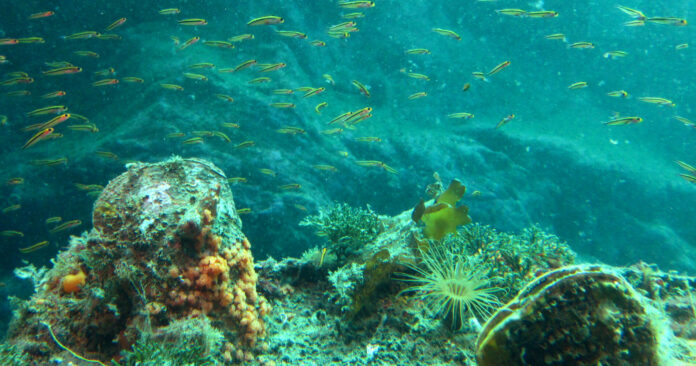Recreational catch limits will be reduced in areas of Fiordland and the Chatham Islands to help keep those fisheries healthy and sustainable, Oceans and Fisheries Minister Shane Jones announced today.
The Minister said the lower recreational daily catch limits for a range of finfish and shellfish species caught in the Fiordland Marine Area and the Chathams will be applied from April 25, along with some other changes to fisheries management settings.
“I have listened to the views of tangata whenua, fishers and local communities, as well as considering scientific information, in making these changes. Local knowledge from people who know their fishery well is incredibly important input,” Mr Jones says.
“I thank the Fiordland Marine Guardians which developed these proposals on behalf of its community and provided expert advice throughout the process.
“Fiordland is a unique and treasured part of New Zealand and is home to many fish species. I want to keep it that way. As well as catch limits being reduced for species such as blue cod, hāpuku/bass and pāua, the boundary line for lower daily limits for some species has been moved further out to shift fishing to more productive areas.”
In the Chatham Islands, increasing visitor numbers has put more pressure on the fishery, raising concerns from the local community about its sustainability in the long term. In response, recreational catch limits will be reduced for most fish species there, the Minister said.
“The Chatham Islands are known for being rich in kaimoana, attracting fishers seeking some of New Zealand’s most sought-after fish species.”
From tomorrow, the nationwide catch limit for quinnat salmon caught in marine waters will also reduce to one fish per person per day, in line with the limit that applies for rivers and freshwater administered by Fish and Game New Zealand.
The Minister said options for the various changes were publicly consulted, and the majority of feedback received supported these changes and reflected local concerns.
“What’s clear is that we all want our fisheries to be healthy and sustainable so they continue to provide now and in the future,” Mr Jones said.
More information about the new rules can be found on MPI’s website.



